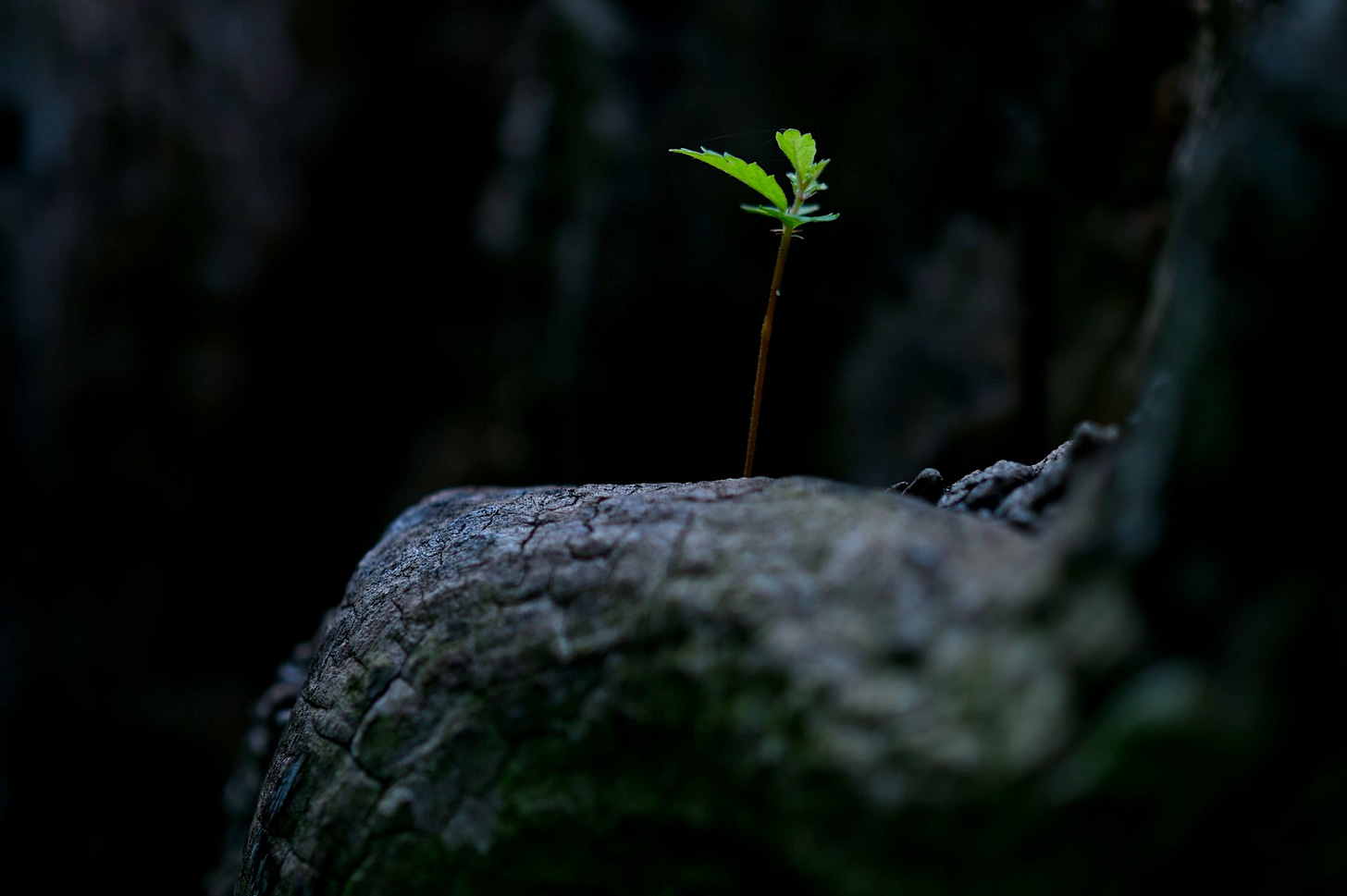Dear Friends, I greet you with gentleness in the midst of so much that is not gentle. It seems like more and more people are using the word “apocalyptic” to describe the times we are in. But what does the term mean exactly? Turns out it’s relevant in unexpected ways…
When most of us hear the word apocalypse, we think of catastrophe, cataclysm, and the end of existence. However, the archetype of apocalypse includes not only destruction, but revelation, and the opportunity for radical rebirth. The outcome depends on us and the choices we make. These times are a portal calling us to discover the deeper Self that lies within each of us, and the possibilities for our collective evolution.
Traced back to the Greek root apocalypse means to uncover, to reveal what was hidden. Another layer of its definition, especially biblically, is a disclosure of knowledge. In early 2017, author and activist adrienne maree brown wrote: “Things are not getting worse, they are getting uncovered. We must hold each other tight and continue to pull back the veil.”
As more is revealed, the magnitude of intersecting perils becomes clear. But they are not new. Disinformation campaigns. Criminalization of the poor and the “other.” Aggressive militarism. The unethical seizure of political power. Genocide. They are as old as empire, rooted in a consciousness of domination and toxic dualism. They reflect deep maladies within the soul of humanity—crises of meaning and maturity, manifesting now as devastating social and ecological upheaval.
A second Greek word is often paired with apocalypse: apocatastasis. It means restoration to an original wholeness. Mythologist Michael Meade describes the archetype of apocalypse and apocatastasis—destruction and renewal—as the collective rite of passage humanity now faces. The purpose of this archetype is the progression from collapse to rebirth, inspiring an awakening of the soul that can help usher in the new era seeking to arise.
Indeed, further exploring the meaning of apocalypse in religious contexts, it seems that the “end of the world” it refers to is actually better understood as the end of an age. Given that we have been in an age rife with the structural, systemic, and political violences that professor bell hooks persistently named as imperialist white-supremacist capitalist patriarchy, that may not be such a bad thing. But empires don’t die easy. They don’t go down without a fight, and many painful casualties along the way.
Perhaps much of what we are witnessing now—including the escalation of state violence and repression—is because the structures of domination (and the consciousness that sustains them) are fighting for their lives, fighting to retain power. And they are fighting so hard precisely because they sense the turning tide.
At least that is my hope.
Meanwhile, in the midst of apocalypse, in the midst of so much suffering and destruction, how are we called to live? How do we hospice the dying world, while simultaneously midwifing the emerging one? How do we feel the very real desolation, and not be consumed by it? And how do we give ourselves as agents of transformation in the alchemy of these times?
It requires healing. Healing our individual wounds, and healing the collective wounds of centuries of injustice. The two are inextricably joined. So many of our individual traumas are the result of systemic harms and inequity, and so many of those harms are rooted in the actions and decisions of people who are themselves traumatized.
Above all, what’s needed is a healing of the wound of separation—separation from our inner selves, from each other, Nature, and the Divine (however we may conceive or understand that sacred essence). Healing does not mean an external cure or even, necessarily, the elimination of suffering. It’s a restoration of inherent wholeness, an integration of what has been fractured in ourselves and in society.
Through the process of healing we can turn our wounds into wisdom, and cultivate the spiritual maturity needed to enter a new way of living: a new relationship with one another and all of life. Only through the death of the worldview of division and domination can we birth a new reality.
**
This post is adapted from my forthcoming book, Soul Medicine for a Fractured World: Healing, Justice, and the Path of Wholeness (Orbis Books, Fall 2025).
Photo by Nagara Oyodo on Unsplash.
Please join the conversation by adding your comments below, or click the heart if you enjoyed this article!





Couldn't disagree with a single word even if I wanted to. Profound and hopeful. Thank you for sharing.
Very insightful and well done !